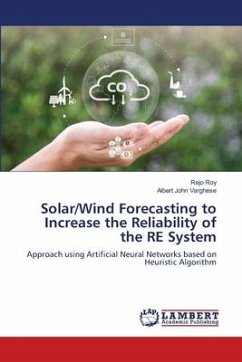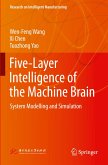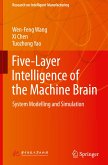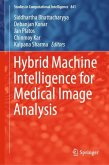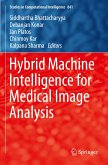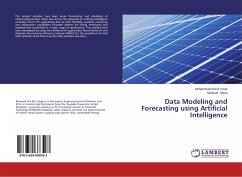Solar energy is a very promising and renewable form of energy that can fulfill a substantial amount of the world's energy needs. Nevertheless, the sporadic character of renewable energy sources, caused by variables like weather patterns and time of day, presents obstacles to consistent energy production and integration into the power system. To tackle these difficulties, this study suggests an innovative method that utilizes computer vision and machine intelligence approaches to forecast and enhance the production of solar energy. The suggested approach entails the amalgamation of data-driven methods from the fields of computer vision and machine learning. Early information on climate, solar-oriented radiation, and solar-powered charger execution is gathered from various sources. PC vision calculations utilize satellite information or ground-based pictures to remove overcast cover, development, and other climatic qualities. The hour of day and season are added to visual information to deliver a full dataset. The dataset trains AI frameworks to gauge solar irradiance and energy creation.
Bitte wählen Sie Ihr Anliegen aus.
Rechnungen
Retourenschein anfordern
Bestellstatus
Storno


